A pplication deadline: 15 August 2016
pplication deadline: 15 August 2016
NERC is recruiting for Peer Review College (PRC) members, core panel members and panel chairs to refresh its current membership and support its peer review processes. College members have a vitally important role in the peer review of discovery science grants and provide specialist advice, either by reviewing individual grant applications or by acting as panel members and panel chairs. College membership provides an excellent opportunity to represent the NERC community and hold a critical position, providing the subject expertise which is essential to the effectiveness of the NERC’s decision-making processes.
NERC are looking for members with experience in all types of environmental sciences, including observational sciences. Those selected will play a vital role in determining the research that NERC funds and in maintaining its quality.
In particular, NERC would like to enhance membership with the following areas of expertise:
- Aerosol science
- Argon-argon dating
- Atmospheric convection
- Atmospheric modelling
- Climate modelling
- Geo-dynamo
- Geological carbon storage
- Marine biology
- Meteorology (weather prediction / extreme events / techniques)
- Multiphase fluid flow
- Physical oceanography
- Plant biology
- Population modelling
- Satellite retrievals
- Science based archaeology
- Sea ice
- Solar terrestrial physics
- Statistical ecology
- Theoretical ecology
NERC is committed to the principle of providing equal opportunities for all. NERC are keen to attain more diversity in our public appointments, so would welcome applications from a range of candidates from all backgrounds and from across all sectors of our diverse communities.
All appointments would start from 1 January 2017.
We are seeking candidates for the following roles:
Panel chairs
Nine exceptional individuals are required to take on the key role of chairing our discovery science moderating panels and fellowship sift and interview panels in each of our panel portfolio areas.
In the first year of appointment, successful applicants will act as deputy to the existing chairs, before taking up the post of chair themselves in January 2018. Chairs will be recruited for four years (one year as a deputy plus three as a chair). They will be required to attend an annual chairs meeting and must be prepared to hold the dates that will be provided for future moderating panel meetings.
PRC chair application form (Word, 56KB)
Core panel members
Individuals are required to join the core membership of each of our panel portfolios areas.
Core members are needed to join the existing panel portfolios. These members will be asked to complete reviews in the same way as other Peer Review College members but will have lead responsibility for attending moderating panel meetings to ensure consistency within and between different panel areas and funding schemes.
PRC core application form (Word, 56KB)
Peer Review College members
New college members with a high level of expertise and experience.
PRC members will have a lead responsibility for completing reviews as part of the peer review process but will be asked to attend moderating panels meetings where their expertise is required, according to the proposals submitted.
PRC member application form (Word, 54KB)
Conditions of membership
In accepting the invitation to join the college, all members are expected to agree to NERC’s terms and conditions for membership.
College terms and conditions (PDF, 71KB)
Application process
All roles are open to any members of the environmental sciences community who meet the criteria for membership. Recruitment to the core membership will be focused on members of the PRC who have performed well with reviewing and on panels, and who meet any extra criteria for the PRC core. Recruitment to the chair roles will be mainly from the core membership. In exceptional cases, there may also be a case for inviting other individuals, who have previously contributed significantly to NERC peer review, to cover particular expertise needs or to help address the current gender imbalance.
NERC require detailed information about each candidate’s expertise, experience and suitability for the roles on offer, as detailed in the membership criteria.
Criteria for membership (PDF, 73KB)
Each application must be supported by a senior colleague within a higher education institution or other research organisation. The supporting statement can be associated with different organisations if appropriate.
Email the completed form to college@nerc.ac.uk by 15 August 2016, along with a CV (maximum two sides A4 including a list of publications).
Applicants will be informed of decisions in October 2016.
Selection process and criteria
NERC welcome UK-based applicants / nominees from all research backgrounds who are ready to make the necessary commitment to the peer review process. NERC will consider how applicants / nominees fit our criteria for membership for each role.
They also need to ensure coverage of NERC’s wide remit and to avoid over-representation from any single department or organisation. Therefore they cannot always invite even excellent candidates to join the college when they apply.
NERC Peer Review College chairs and members of Science Board will be involved in the selection of Peer Review College members. Membership will be posted on the NERC Peer Review College website when the recruitment has been finalised.
Further information
Further information on college membership is available online or by contacting:
Andy Adams
Peer review college manager
01793 442503
anad@nerc.ac.uk
Emma Devine
Peer review college co-ordinator
01793 411792
emvi@nerc.ac.uk

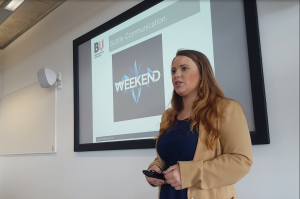
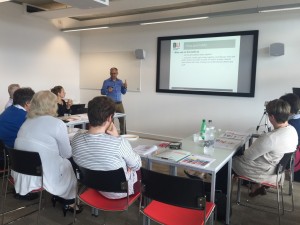
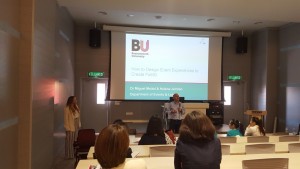
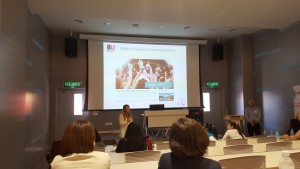
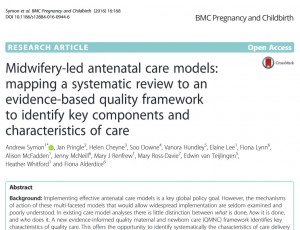

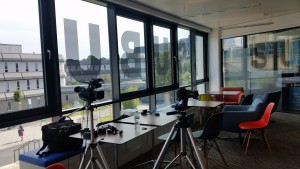
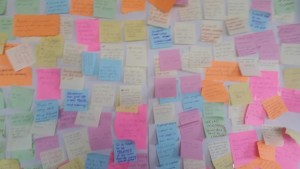


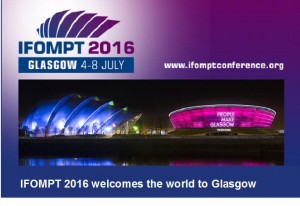
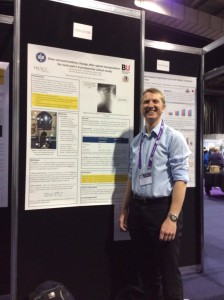

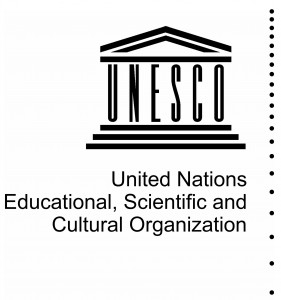


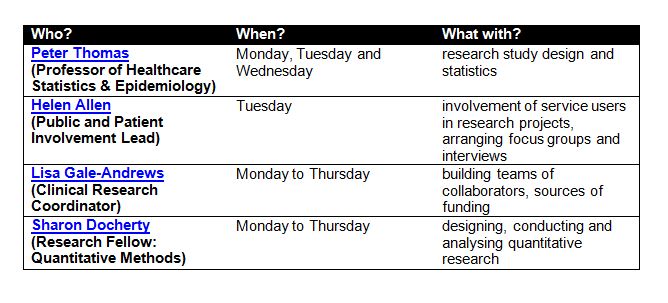
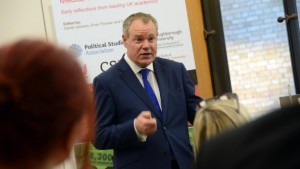
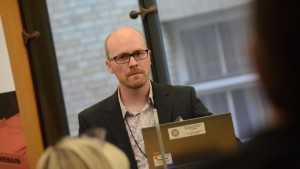
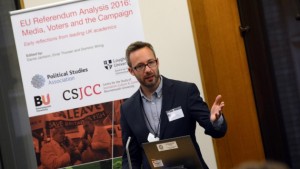
 pplication deadline: 15 August 2016
pplication deadline: 15 August 2016










 Dr. Ashraf cited on ‘Modest Fashion’ in The Guardian
Dr. Ashraf cited on ‘Modest Fashion’ in The Guardian NIHR-funded research launches website
NIHR-funded research launches website Academics write for newspaper in Nepal
Academics write for newspaper in Nepal MSCA Postdoctoral Fellowships 2025 Call
MSCA Postdoctoral Fellowships 2025 Call ERC Advanced Grant 2025 Webinar
ERC Advanced Grant 2025 Webinar Horizon Europe Work Programme 2025 Published
Horizon Europe Work Programme 2025 Published Horizon Europe 2025 Work Programme pre-Published
Horizon Europe 2025 Work Programme pre-Published Update on UKRO services
Update on UKRO services European research project exploring use of ‘virtual twins’ to better manage metabolic associated fatty liver disease
European research project exploring use of ‘virtual twins’ to better manage metabolic associated fatty liver disease